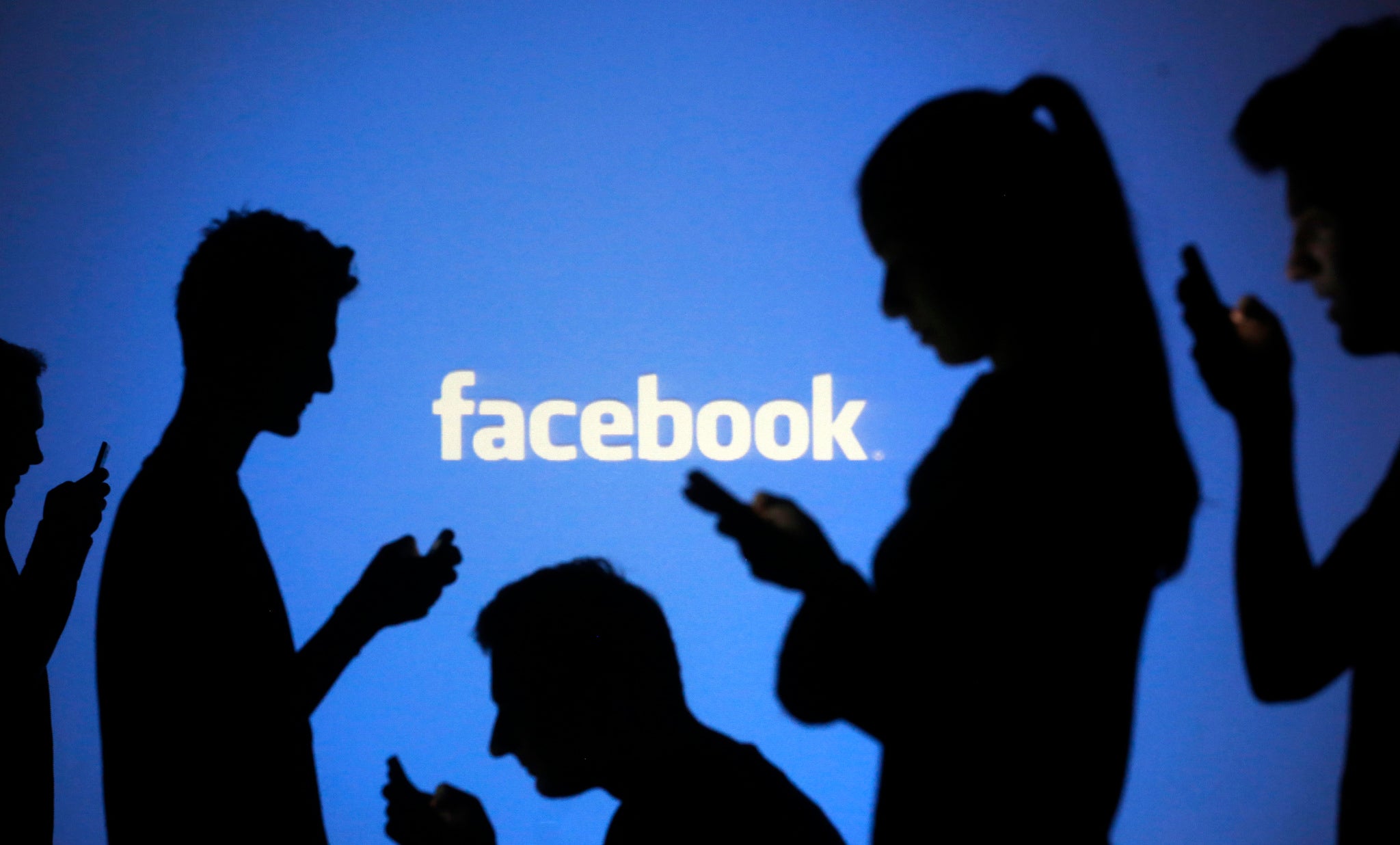The Independent's journalism is supported by our readers. When you purchase through links on our site, we may earn commission.
Journalists shouldn't be afraid of Facebook — it's bringing democracy to journalism
News lists now rise and fall on the basis of whether content is worth clicking on or sharing

Your support helps us to tell the story
From reproductive rights to climate change to Big Tech, The Independent is on the ground when the story is developing. Whether it's investigating the financials of Elon Musk's pro-Trump PAC or producing our latest documentary, 'The A Word', which shines a light on the American women fighting for reproductive rights, we know how important it is to parse out the facts from the messaging.
At such a critical moment in US history, we need reporters on the ground. Your donation allows us to keep sending journalists to speak to both sides of the story.
The Independent is trusted by Americans across the entire political spectrum. And unlike many other quality news outlets, we choose not to lock Americans out of our reporting and analysis with paywalls. We believe quality journalism should be available to everyone, paid for by those who can afford it.
Your support makes all the difference.For better or worse, news outlets around the world are shaping their content to the likes, shares and retweets of social networks more than ever before, shifting power away from editors and giving it to readers.
An article in the New York Times, detailing the impact of Facebook's News Feed algorithm on news websites, highlights the ever-growing power Facebook has over the news we consume. Headlined 'How Facebook Is Changing the Way Its Users Consume Journalism', the article points out how a mere tweak in the algorithm could spell disaster for news websites dependent on traffic and ad revenue.
Facebook's impact on our daily lives is well-documented, but its relationship with publishers and readers is symbiotic. By becoming a source of news in an effort to keep users on the website, Zuckerberg's social network must maintain an algorithm that works - for readers, for publishers, and for itself.
What's more interesting than how Facebook is changing the way we consume our news, is how the reading habits of users on Facebook is influencing journalists and media outlets. The algorithm has replaced the editor, but it is itself influenced by the habits of everyone using it. We've entered the age of democratic journalism only we cast our votes with likes, shares, comments, and clicks.
READ MORE
News lists now rise and fall on the basis of whether content is worth clicking on or sharing - which might be another way of saying: is this story actually interesting? The effect of what is essentially traffic-driven news on the quality of journalism is another debate that is constantly in motion, but what should be clear to all is that producing stories people want to read is no bad thing.
While Facebook holds considerable power of what its we see, we still decide which pages to like and what to click on. Journalists should not be afraid of platforms that bring us closer to what readers really want. Readers hold the power, they just have to exercise it.
Join our commenting forum
Join thought-provoking conversations, follow other Independent readers and see their replies
Comments